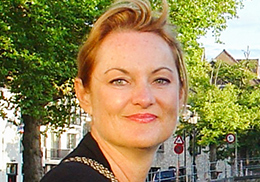
“Mindfulness begins at home: it is a personal and subjective experience”
27 september 2016
In this post we want to explain what is and how beneficial is for out mental health Mindfulness, taking advantage of the fact that in the Master’s Degree of General Health Psychology is given a seminar about this, by Thaïs Capella Solano.
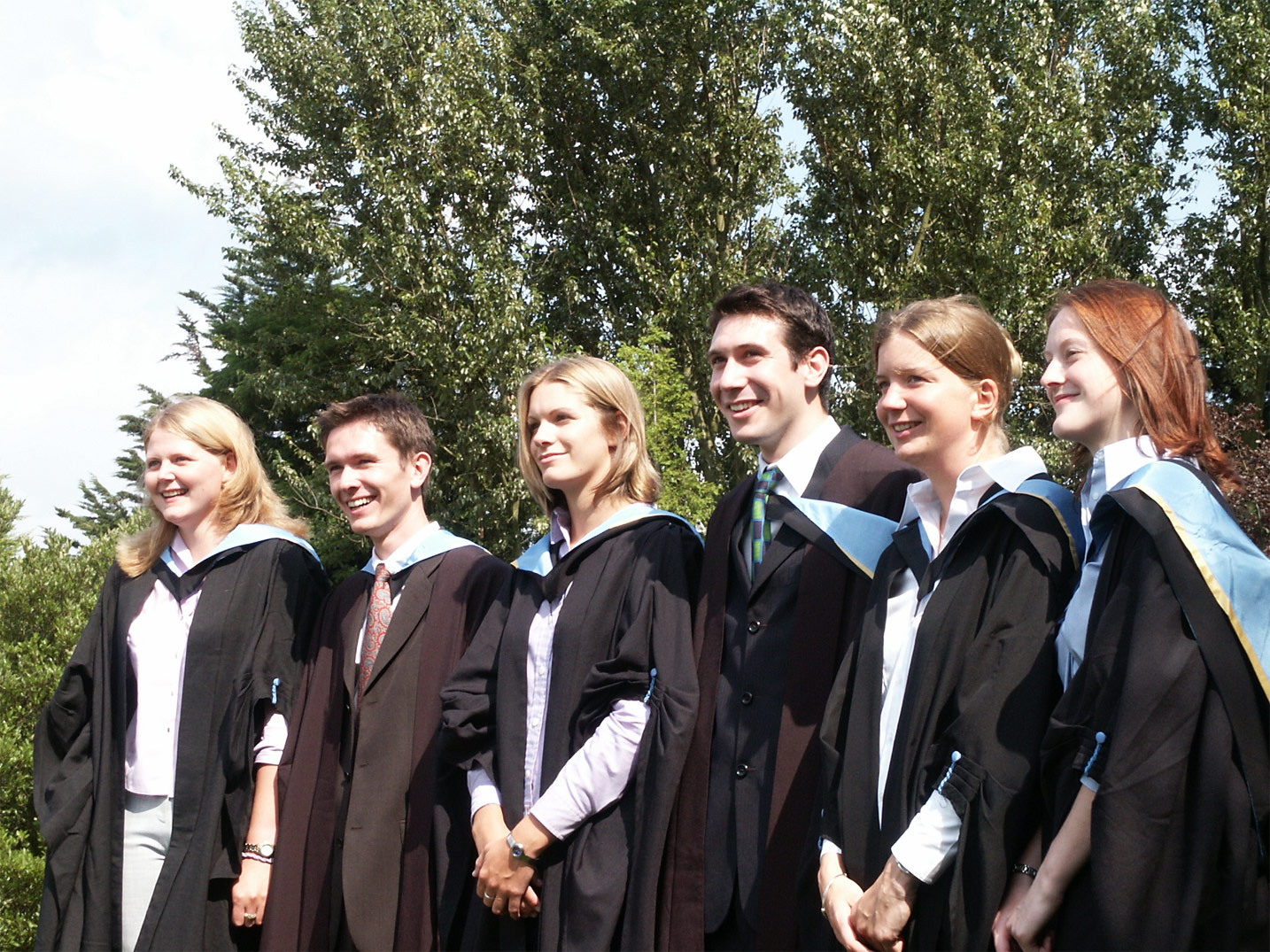
External Work Placements of the Master’s Degree: Applications and Deadlines
21 september 2016
On Thursday 15 September at 12:00 h. in the Events Hall of the Faculty of Psychology took place a briefing for second year students on the external practices of the Master’s Degree in General Health Psychology. The event was in charge by Yolanda Montoro (ADEIT University-Business Foundation) and by Marisa García Mérita and Francisco Atienza (directors of the Master’s Degree).
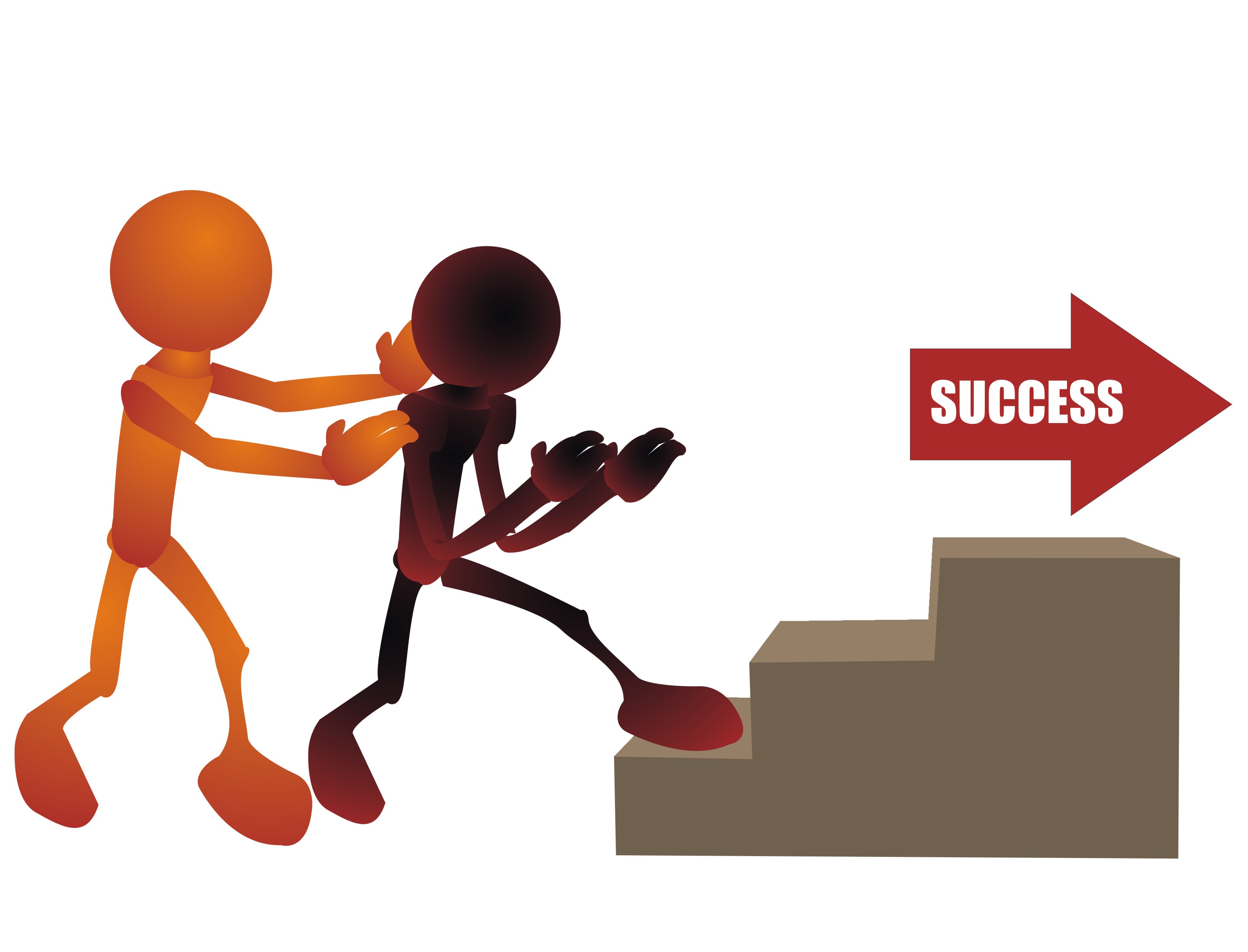
Protection and risk factors: complicated grief
14 september 2016
Following the topic of the last post “Psychological treatment to cope with the “mourning”, in this occasion we want to analyse in-depth which would be the protection and risk factors that permit to predict the emergence of possible familiar or caretakers complications.
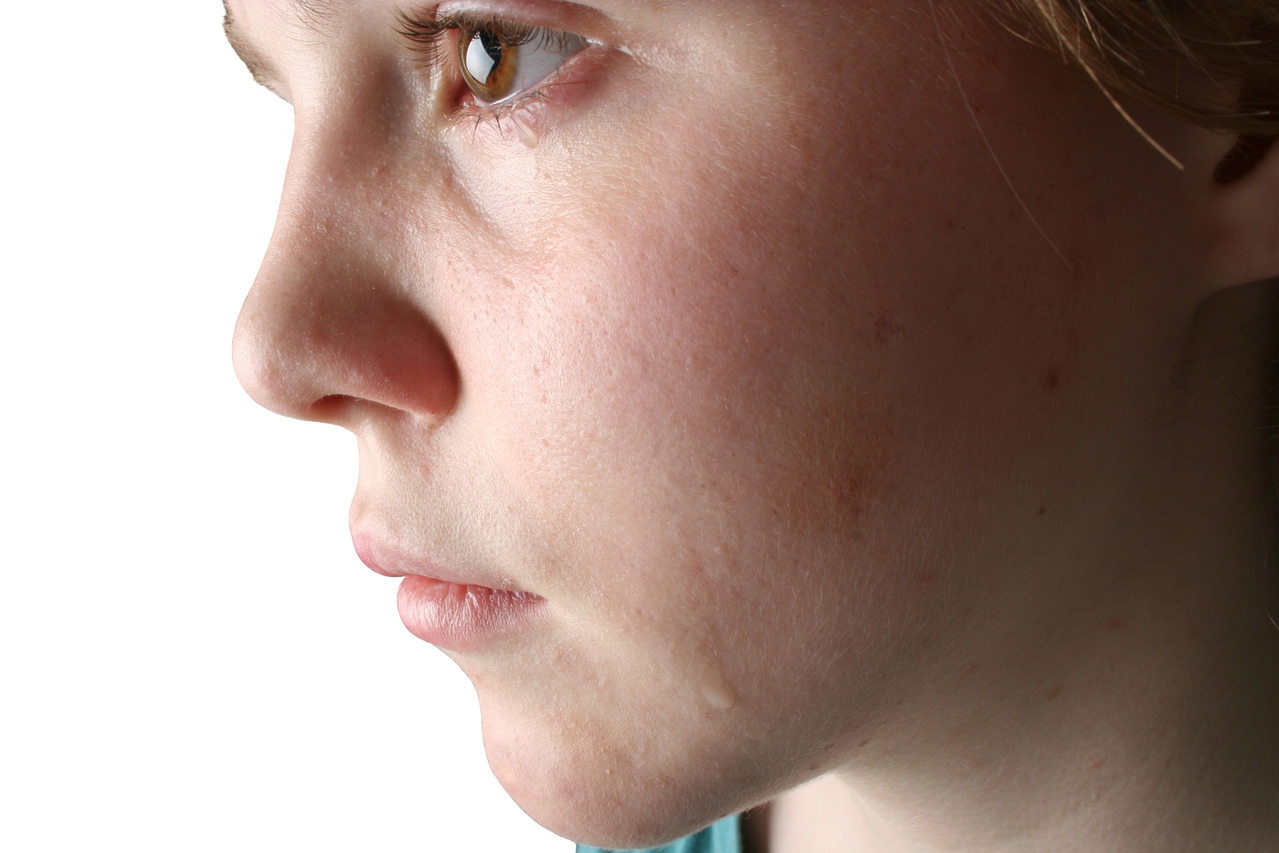
Psychological treatment to cope with the “mourning”
12 september 2016
The catastrophe which took place last 24 August in Amatrice (in the centre of Italy) is widely known. Over 250 people died because of a 6 magnitude earthquake and several subsequent ones. The events were lived under great astonishment during the following weeks due to the fact that, up to a few days ago, the rescue forces were still finding bodies. In this situation, the victims’ families have to face a very hard emotional shock. Hence, we want to highlight the importance of psychologists in such difficult moments.
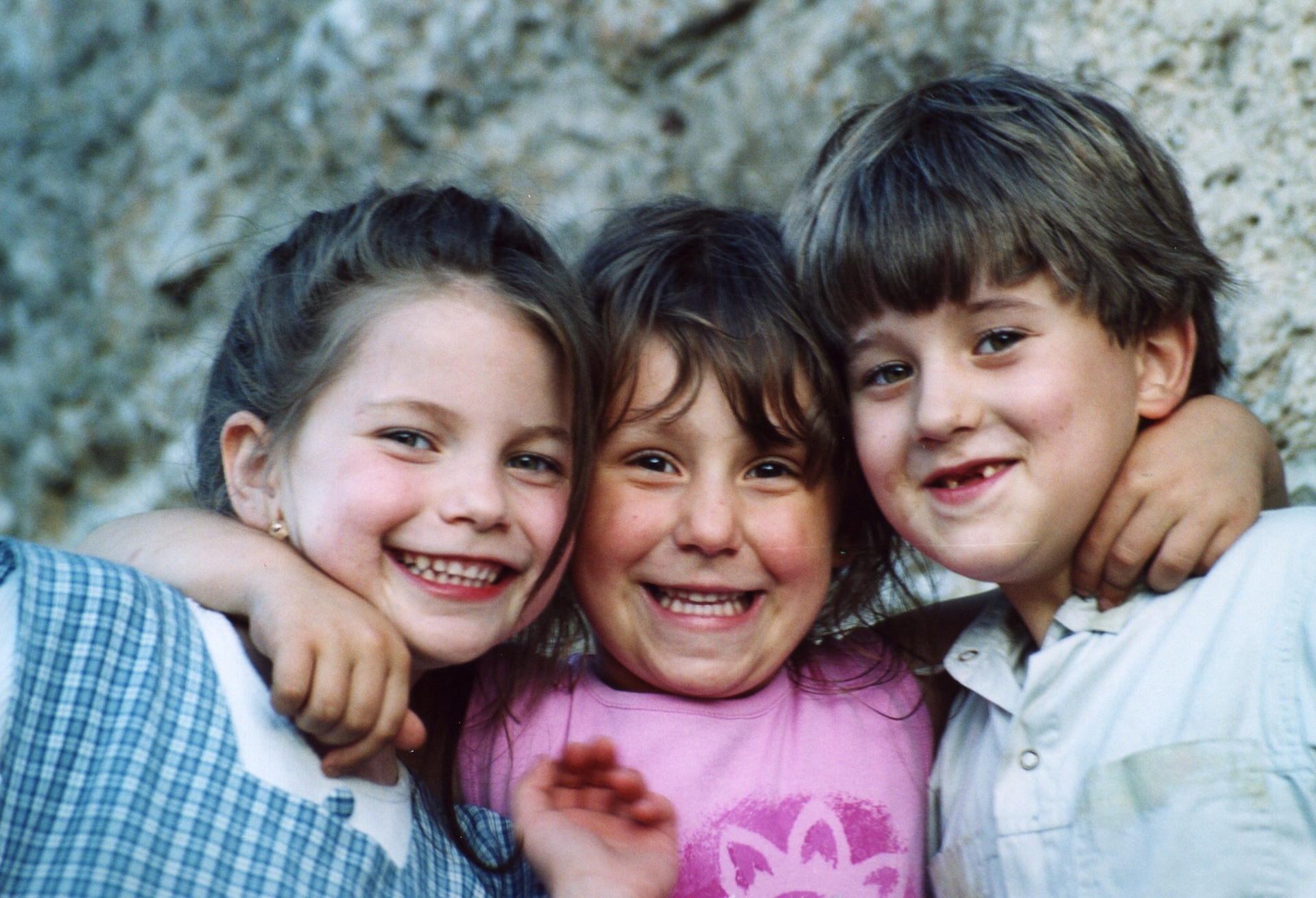
All about the Promoting Adolescent Physical Activity (PAPA)
22 july 2016
As we already advanced in the posts “Promotion of Wellbeing and Healthy Lifestyles” and “Research Unit in Psychology of Sports (UIPD) and Motivational Climate”, the PAPA is a programme focused on the training of football coaches for promoting the psychosocial development and the adoption of healthy life styles among the European young people.
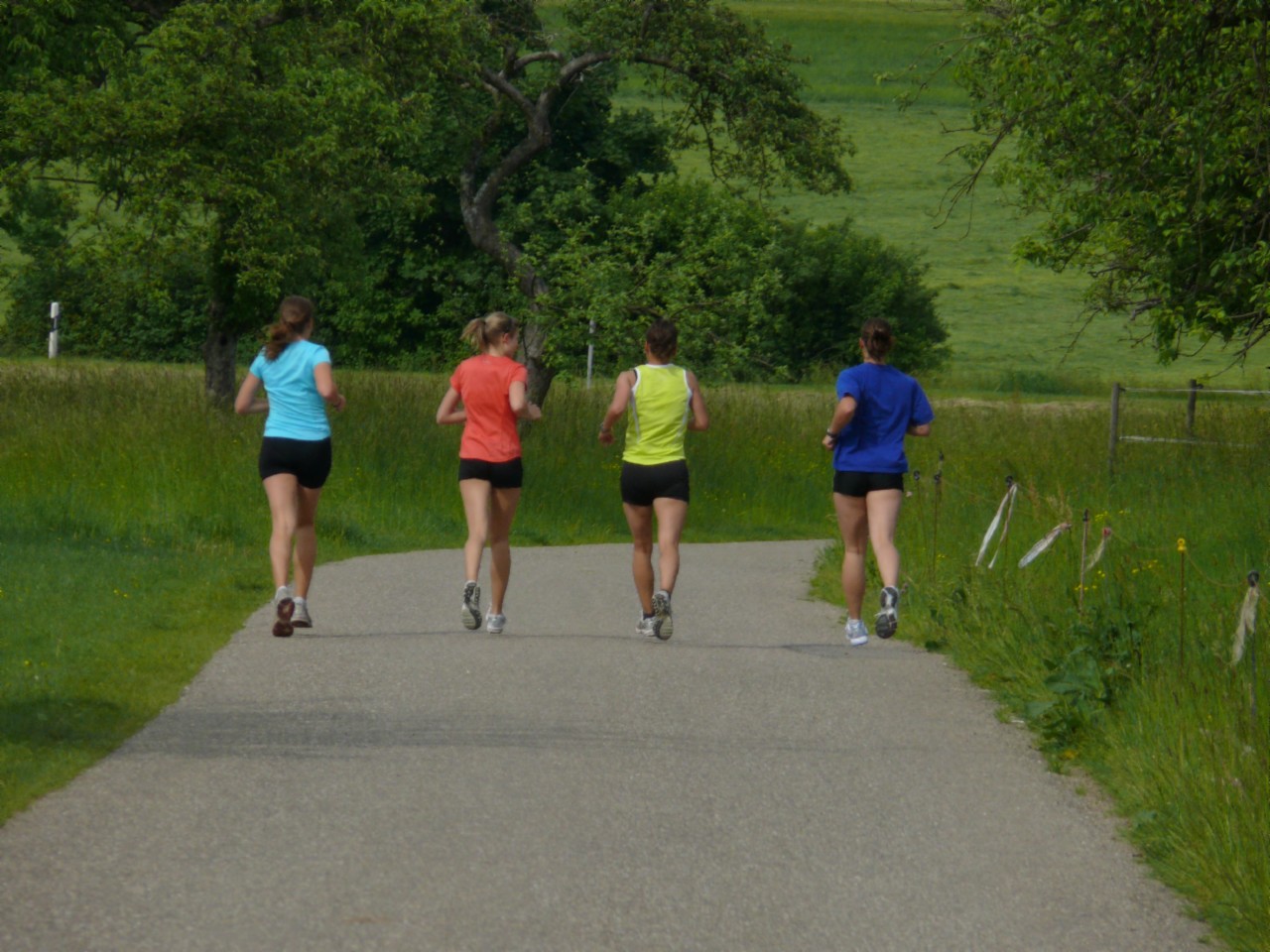
Research Unit in Psychology of Sports (UIPD) and motivational climate
20 july 2016
Despite the general belief regarding the fact that participating in some sport improves the wellbeing, according to Isabel Balaguer, researchers who have studied the effect of such participation have found both positive and negative effects. Therefore, the sports participation is not positive or negative in itself, but it depends on the way in which it is experienced.
.jpg)
Promotion of wellbeing and healthy lifestyles
19 july 2016
In the new common policy framework of the World Health Organisation, in their Regional Committee for Europe, is included the objective for 2020 of “significantly improving population’s health and wellbeing”. According to Isabel Balaguer and Isabel Castillo, both teachers of the Faculty of Psychology of the Universitat de València, the interest of promoting human wellbeing, ultimate aim of Psychology, was reflected in numerous public acts, such as important speeches, deontological codes or scientific works.

“An education for emancipation”
15 july 2016
The authors of the article analyse the importance of higher education for elderly people. For them, “constructive ageing” is a specific concept of teaching and learning processes that do not have why limit to the working years. In this sense, they stand for introducing a social and cultural change on education as a tool to develop a good ageing.

Counselling: a path towards a more human communication between health workers and patients
12 july 2016
It is a practice used hurt patients as little as possible during their care by counting with an appropriate coordination between knowledge, abilities and attitudes on the side of health workers, with the basic premise of considering the patient’s suffering as an specially personal fact and highly dependant on its particularities.

To what point is biopsychological intervention in caregivers positive?
6 july 2016
Professors Amelia Díaz, of the Department of Psychological Personality, Evaluation and Treatment of the Faculty of Psychology of the Universitat de València, and Teresa Lanjón, nurse and psychologist of the Hospital Clínico Universitario of Valencia, present an intervention programme of a biopsychological nature that can be adapted to different types of caregivers. This programme includes psychosocial variables and biological variables assigned to the nursing field.






